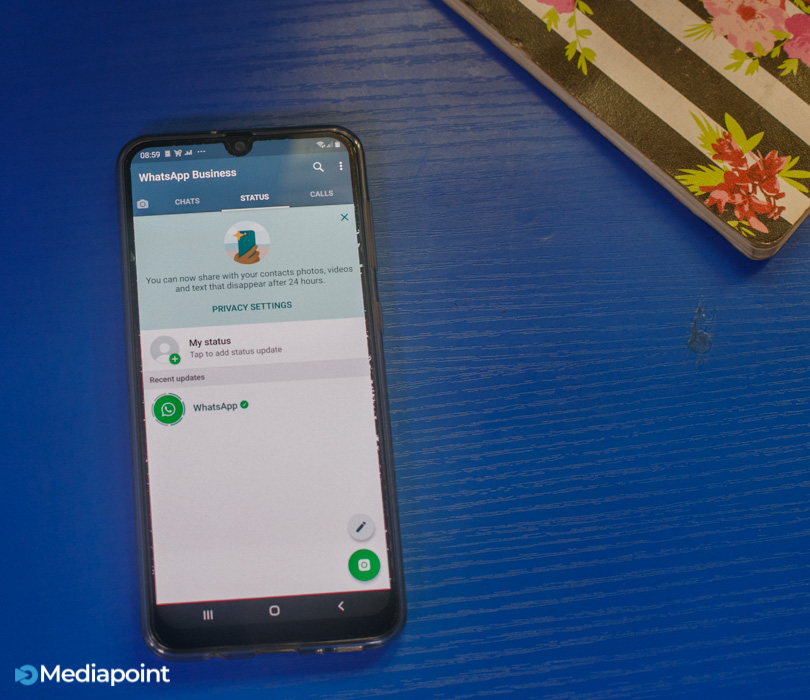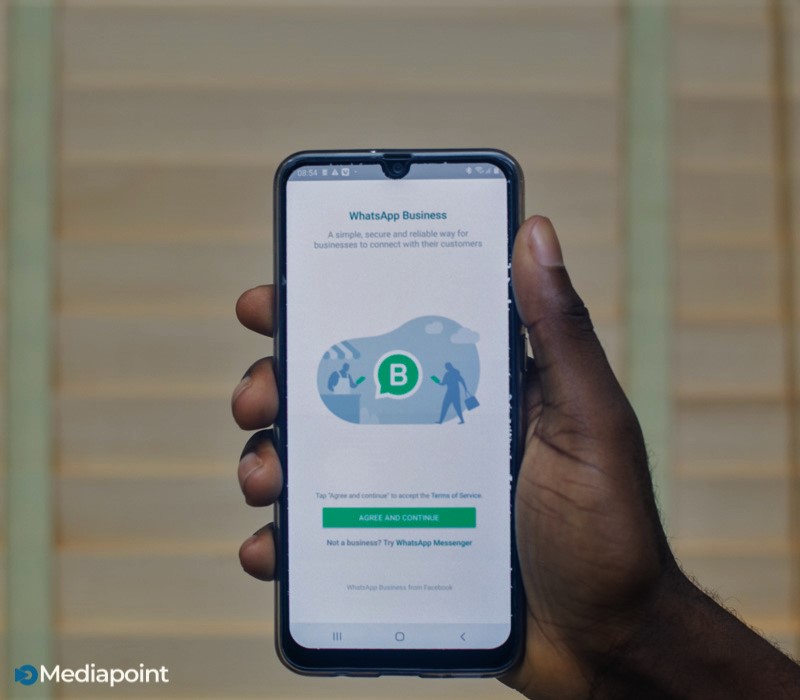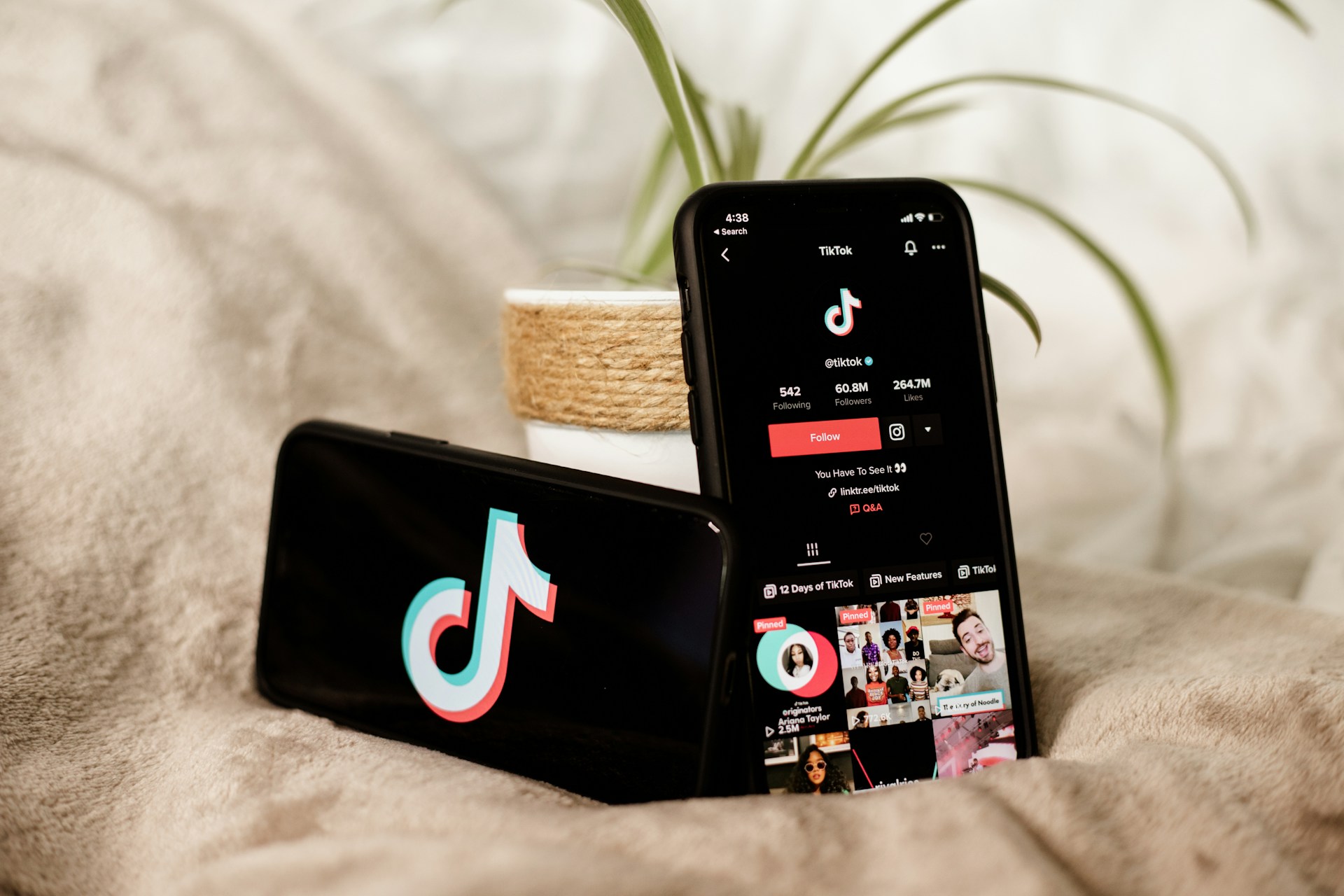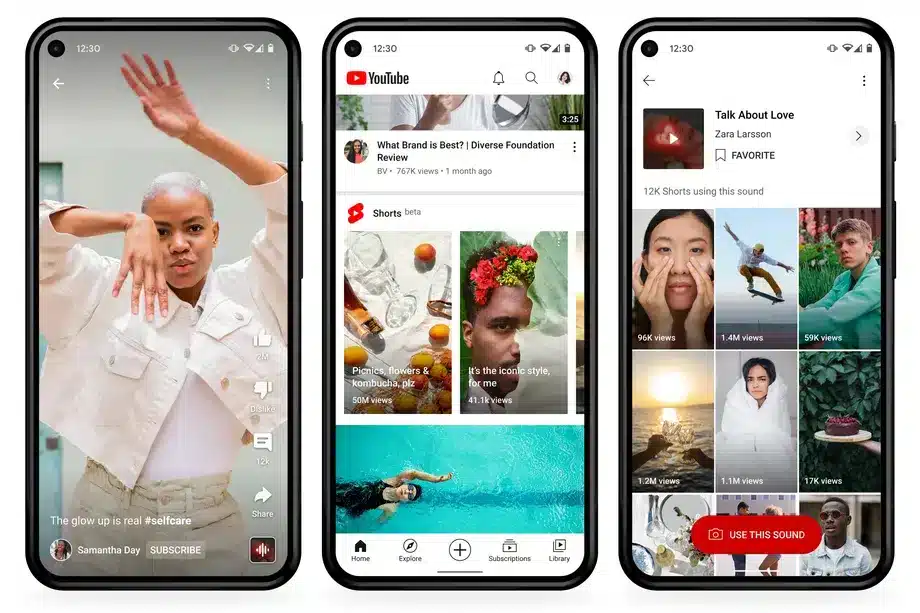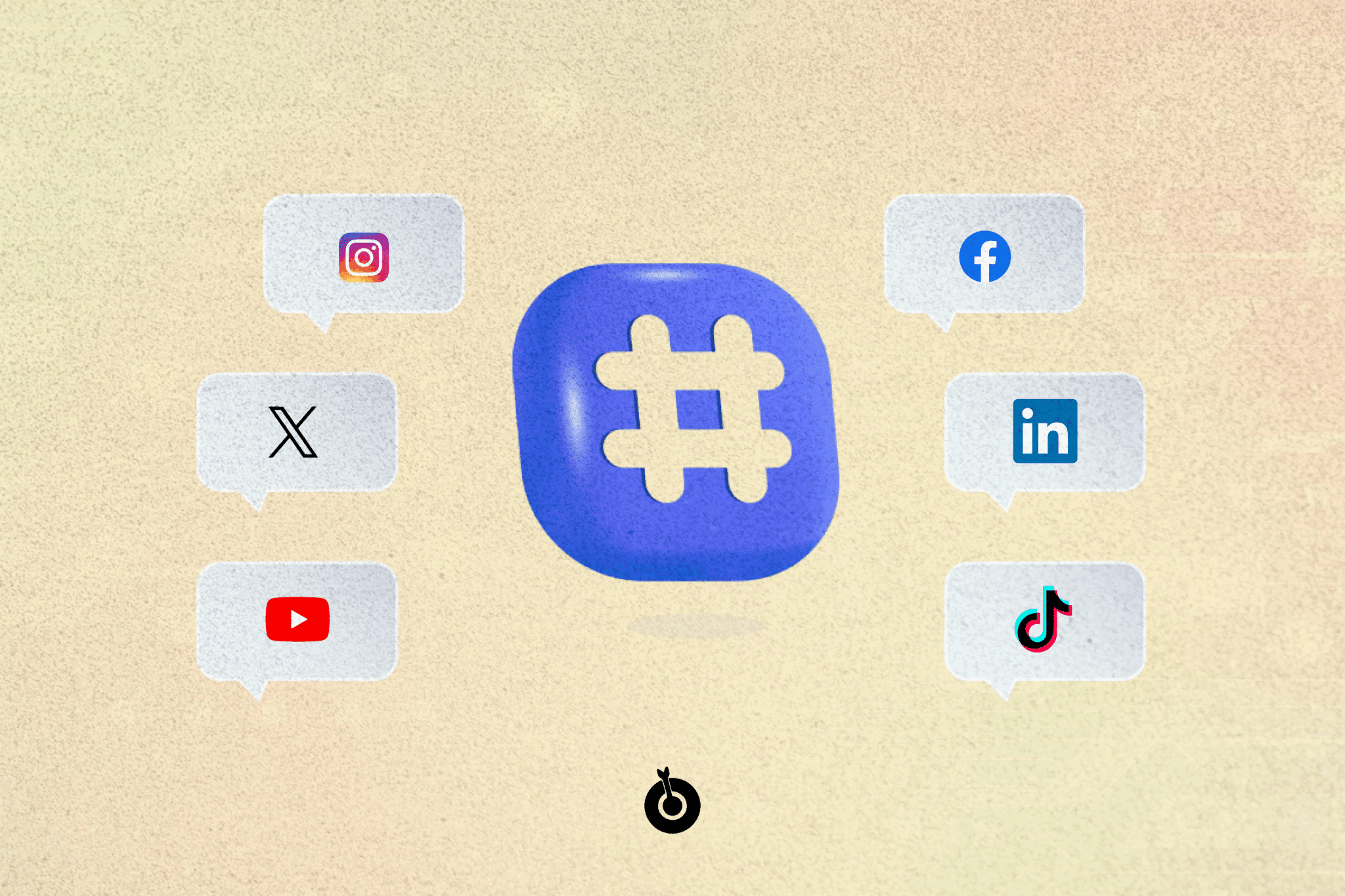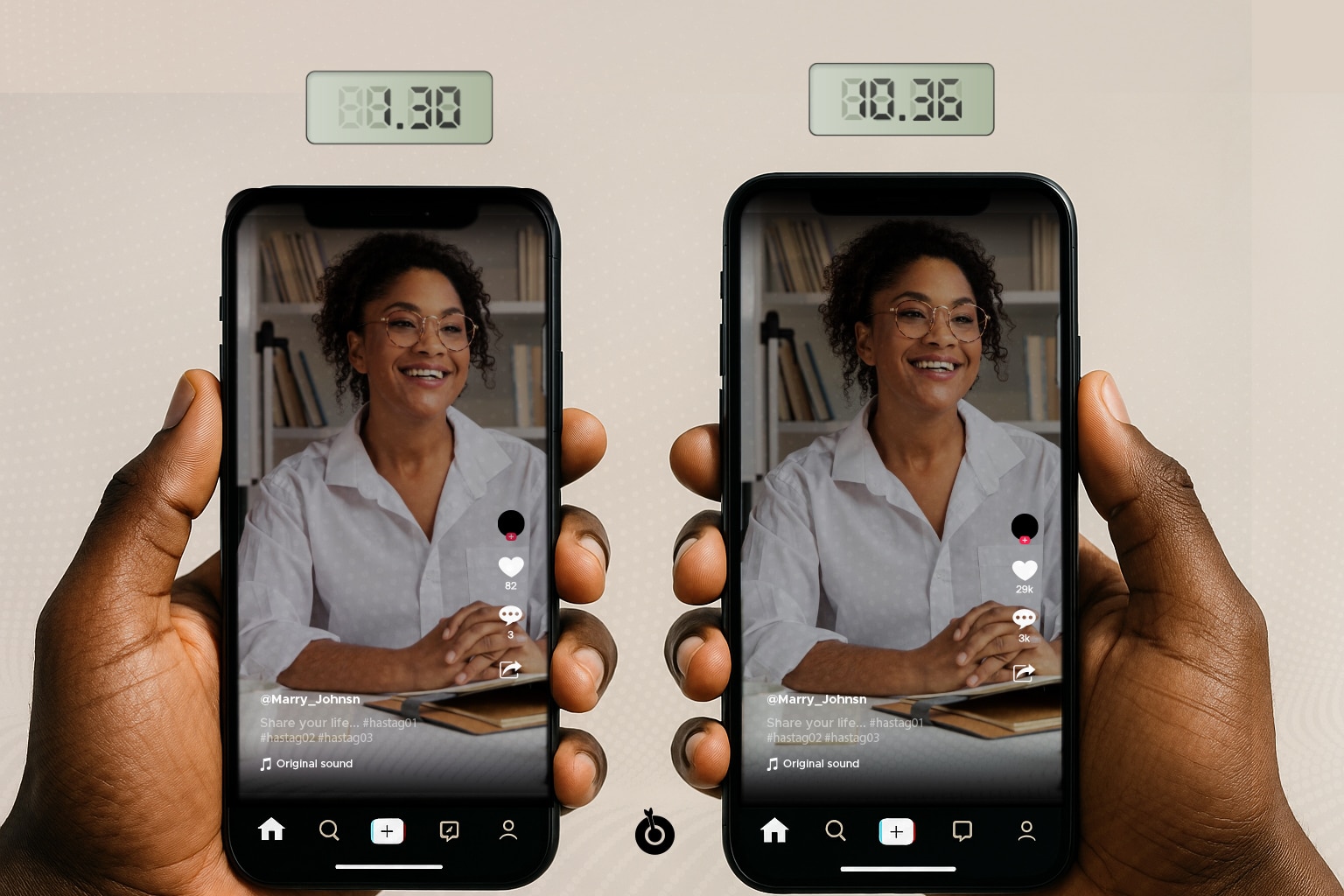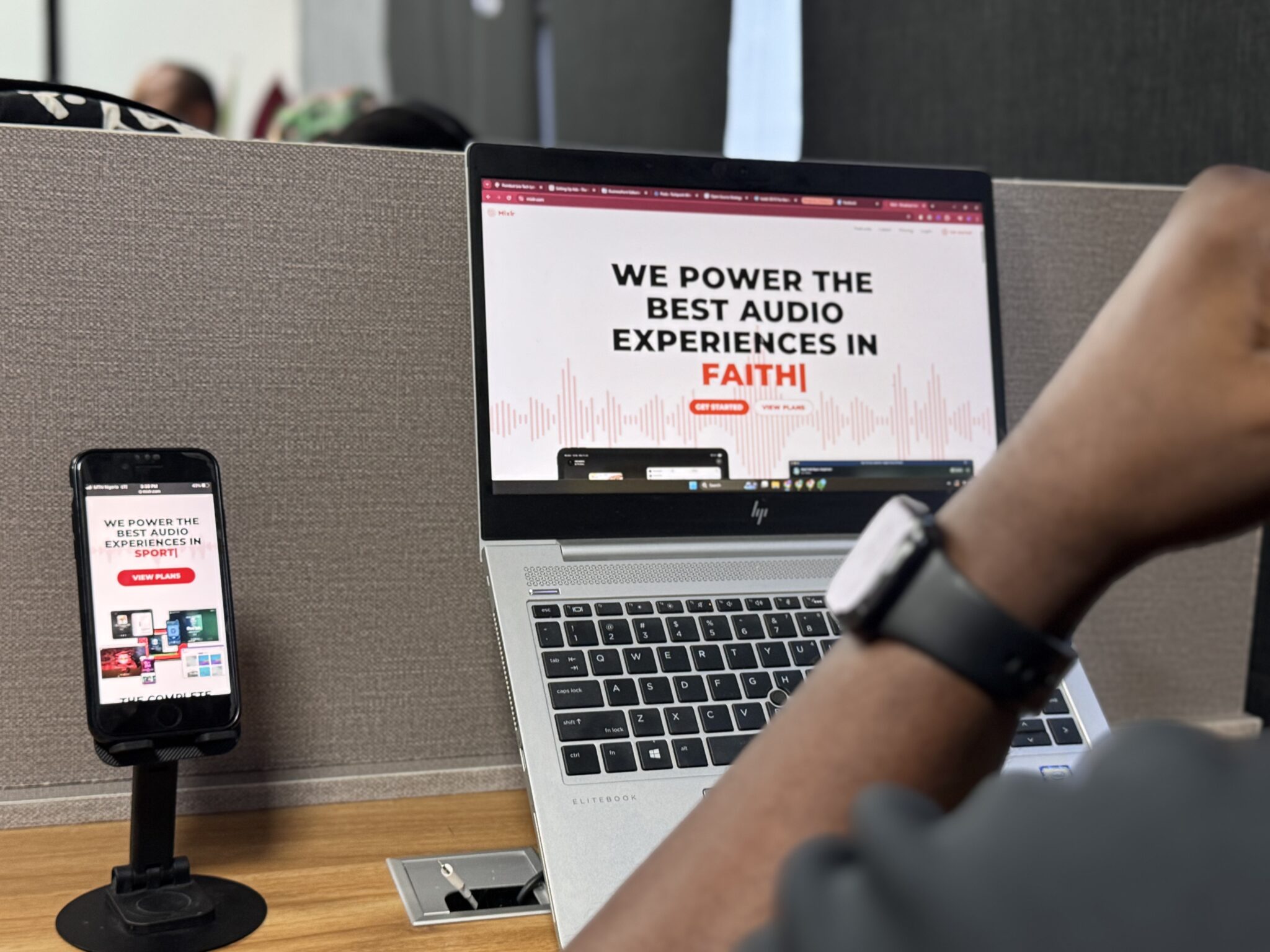For some years, Facebook has been going the extra mile to promote its suite of platforms as more than just tools for sharing your graduation photos or catching up with your long-lost friend.
Unrelenting in its quest to be the world’s ‘super app’, Facebook has explored everything from gaming to job placement, crisis response, fundraisers, and video-on-demand — the list goes on and on. However, Facebook has continued to pay close attention to the area of eCommerce.
In its attempt to position its platforms as the one-stop-shop for businesses looking to market and sell their products, the company has over the years added features, particularly on Facebook and Instagram, to make buying and selling easier.
It started with Facebook Ads which Mark Zuckerberg introduced in 2007 as “an ad system for businesses to connect with users and target advertising to the exact audiences they want.”
Then in 2016, after Facebook noticed that a lot more people were using the platform to buy and sell, they launched Marketplace, a section designed to make the shopping experience more seamless.
And more recently, in March this year, Instagram announced its new in-app checkout feature which makes it easier for its 1 billion+ users to buy products directly from brands on Instagram by just tapping the product’s photo. This was in addition to its previously-launched shopping features which allow brands share photos of their products with a tag that shows the item name and price.
With all these features, one may assume these platforms would be the ideal solution for small businesses trying to reach potential customers and make more sales, but this has not exactly been the case for many of them in Nigeria.
Three years since Facebook’s Marketplace launched exclusively in the US, UK, Australia, and New Zealand, it has remained inaccessible to Nigerians. Same with Instagram shopping which is available in more countries but not Nigeria, and in-app checkout which is only available for a few handpicked brands.
In reality, however, very few small business owners in Nigeria seem to be worried about this, as many of them have since jumped ship, turning to WhatsApp — seemingly the underdog of the Facebook family — to market and sell their products, and are recording more success.
This is a no-brainer, considering that WhatsApp is the most used social media platform in Nigeria — at least 85% of Nigeria’s 24 million active social media users are on WhatsApp, according to The Global State of Digital in 2019 report.
But beyond WhatsApp’s ubiquity, many small business owners say they experience more trust from people on the platform compared to other social media platforms. This, they say, is one of the main reasons they are able to sell more on WhatsApp than on Instagram and Facebook.

“WhatsApp is like being in the same room with your customer,” says Omoniyi Olorunfemi, the owner of a clothing store that services university undergraduates in Ogbomoso, Oyo state. Despite also having business profiles on Instagram and Facebook, Olorunfemi says he pays more attention to WhatsApp because having the customers’ direct contact details “gives a lot of room to build trust.”
The need to build trust with customers has become one that local small businesses that advertise their products on social media can no longer overlook. The high rate of fraudulent business accounts on platforms like Instagram, that either fail to deliver or deliver substandard products to unsuspecting customers, has created an atmosphere of distrust which makes buyers more sceptical about patronising small businesses on social media.
“Although Instagram has a very wide market, getting people to trust you is hard,” says Bakare Adedolapo, a fashion entrepreneur who runs her business online using WhatsApp and Instagram. Like Olorunfemi, Adedolapo says she also finds WhatsApp more effective because it is “cheaper and fast, and provides direct contact with customers.”
While WhatsApp may get these businesses closer to their customers, building the trust needed for the customers to take action still requires a lot of effort. Beyond sharing photos of their products, one common trend many local small business owners have adopted to build trust with potential customers is regularly sharing reviews, screenshots of chats with customers, or bank alerts confirming successful transactions.
“When you have new people on your contact list, it gives them a sense of how genuine your product or service is,” says Adedolapo.
Facebook and Instagram feeds have suffered major algorithm changes that have made it harder for small businesses to organically gain visibility, forcing them to run paid ads in order to reach their customers. These changes have been a major discouraging factor for small businesses using the platforms.
“Instagram is not for the faint-hearted,” says Adedolapo. “I can guarantee that my customers will see my posts on WhatsApp, but on Instagram one requires funds and original content to stand out.” Olorunfemi also confirmed that he resorts to running paid promotions to give his business profiles a boost on Instagram and Facebook.
To reduce or even avoid spending on these platforms, many small businesses have come up with several gimmicks like mass-following potential customers with the hope that they follow back, and writing comments on pages where their target market frequent. However, these tricks are taken to the extreme, birthing a culture of spamming on these platforms.
“Basically, WhatsApp requires minimal effort to get reasonable returns but Instagram requires way more effort to get sometimes even less than you would on WhatsApp,” Adedolapo admits.
This preference for WhatsApp is not new. The trend of local small business owners advertising their products on WhatsApp can be traced as far back as 2011 when WhatsApp introduced group chats — if not farther. But they took it up a notch with the introduction of ‘Status’ in 2017.
‘Status’ greatly catalysed the dependence of small businesses on WhatsApp by providing a simple, yet effective, way for them to display their products and sales pitches to people on their contact list, hence considerably closing the gap between the buyer and seller. The fact that people could repeatedly view their status updates, without interference from algorithms, and take immediate action like placing an order or making an enquiry with just a swipe was a game-changer.
But this comes with its own challenges. On WhatsApp, the key metric for many businesses is the number of contacts they have that also saved their numbers because they’re likely to sell more when they can reach more people with their adverts.
“WhatsApp is cool, the only challenge is not being able to broadcast messages and status updates to people that are not saved contacts except through group chats,” Olorunfemi says. “So in the meantime, I depend on group chats to reach new people.”
Adedolapo, on the other hand, adopts different strategies to gain and keep new contacts. “Unless you sell food, old customers won’t buy every day. So, the business could be slow if new contacts are not updated,” she says.
Instagram, Adedolapo acknowledges, still plays a major role in getting new customers. “That’s where my preferred market is, and the market is wide there,” she says. “I always make sure to redirect my Instagram customers to my WhatsApp because even if they don’t buy then they will next time.”
Another challenge small businesses face on WhatsApp is the risk of getting blocked or having their ‘Status’ muted.
“Boring statuses get muted,” Adedolapo quips. “I try to keep my status view fun by uploading memes, funny videos and the likes, or market it in a way that’s funny and catches attention. Not every time ‘come and buy’.”
Facebook has clearly begun to notice this trend and has, of late, been pushing its WhatsApp Business app locally. Olorunfemi who already uses the WhatsApp Business app says he prefers it because of its exclusive features which include business profile, messaging tools such as quick replies, greetings and away messages, and the ability to organise and easily find your chats and messages with labels.
WhatsApp’s recent plan to launch a payment feature in the app, starting with India later this year, has also sparked interest among small business owners in Nigeria. Speculating on the effect the payment feature would have on his business, Olorunfemi said, “it will be very good in closing the gap between negotiations and payments.”
For now, WhatsApp appears safe from the ruthless algorithms that have plagued Instagram and Facebook. However, there are already speculations that the data that’ll be gotten from the coming payment feature could be used to influence ads targeting on WhatsApp and other Facebook-owned platforms.
According to Financial Times, quoting digital money analyst David Birch, “If they see who you’re paying, it helps them to target your ads, so it makes you much more valuable to their advertisers.”
He adds, “also, if I see you’re spending a lot, I can start targeting you with direct messages from financial services, which makes you more valuable, too.”



